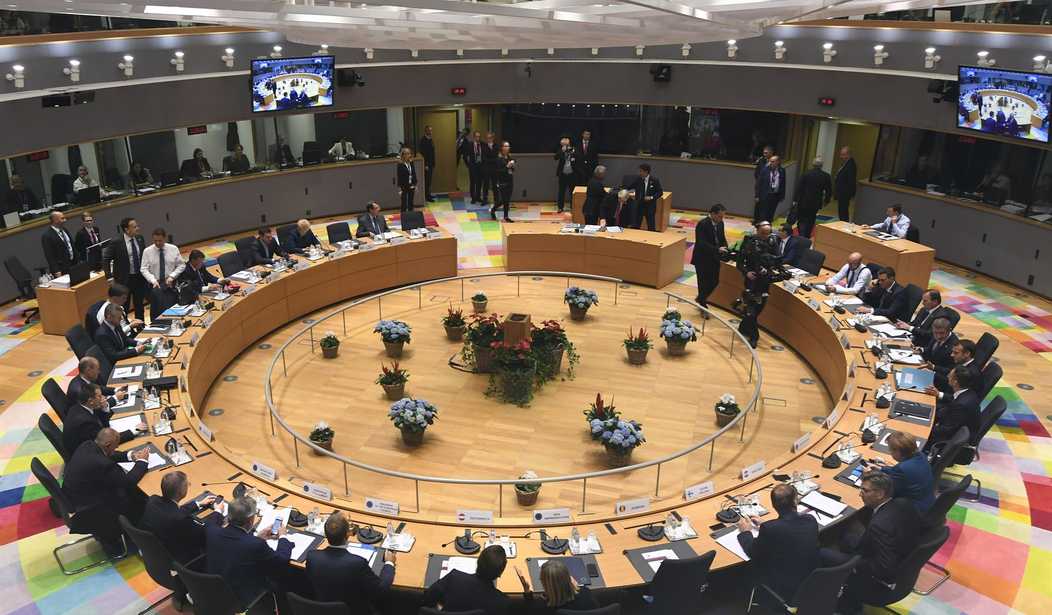The EU has released a list of countries eligible for non-essential travel to the EU in a rolling attempt to phase out European border restrictions. Intra-EU border restrictions were lifted on June 15. The new guidelines do not apply to Ireland and Denmark, both of which have opted out of the shared border policy.
EU Commissioner for Home Affairs, Ylva Johansson, reiterated the economic importance of rescinding strict border controls. “International travel is key for tourism and business, and for family and friends reconnecting," she said.
However, “border control is in the interest not only of the Member State at whose external borders it is carried out but of all Member States which have abolished internal border control,” states the official document.
This includes control against the United States as well as other countries deemed unsafe.
Criteria for determining a non-EU country’s eligibility include the “epidemiological situation and containment measures,” according to the EU press release. The number of per capita cases over the past two weeks must approximately match or trail the EU average, and the number of new cases must indicate stable or downward trajectories. In addition, the EU must determine that the country is appropriately managing the virus and utilizing available information and technology.
The countries on the EU’s list are Algeria, Australia, Canada, Georgia, Japan, Montenegro, Morocco, New Zealand, Rwanda, Serbia, South Korea, Thailand, Tunisia, Uruguay and China.
China has been accepted on “confirmation of reciprocity” as official data demonstrates steady trends and a comparatively low infection rate.
Recommended
The United States, on the other hand, has seen a spike in cases since Memorial Day. Current data shows 39 cases per 100,000 people in the past 14 days, compared to the EU’s 16 cases.
Notably, some countries have been excluded from the list with as yet no verified reason. Taiwan officials have noted that, despite having no new cases in 80 days, Taiwanese are still banned from entering the EU.
A spokesperson for Taiwan’s Ministry of Foreign Affairs told Focus Taiwan that the government was engaged in negotiations with the EU, citing that removing the ban might be contingent on Taiwan’s affirmation of reciprocity.
With overall cases on the rise globally, Taiwan still places high-level restrictions on international travel.
The EU will reevaluate the list of permitted countries every two weeks as coronavirus situations evolve. Member states are not required to unilaterally lift restrictions, but should not allow foreigners from excluded nations to enter without a cooperative decision by EU officials.

























Join the conversation as a VIP Member